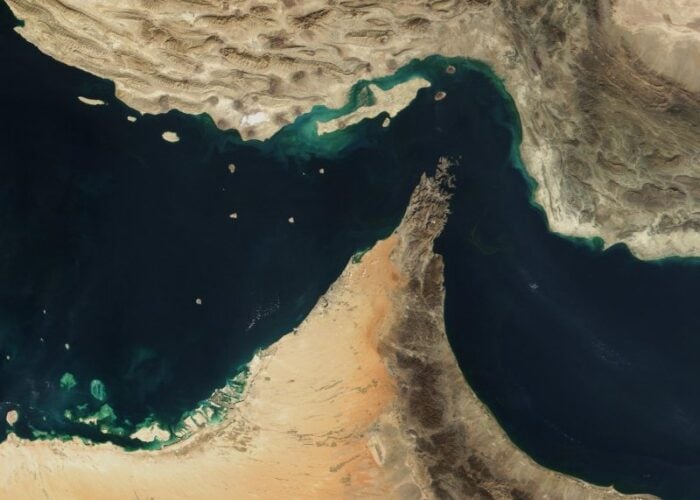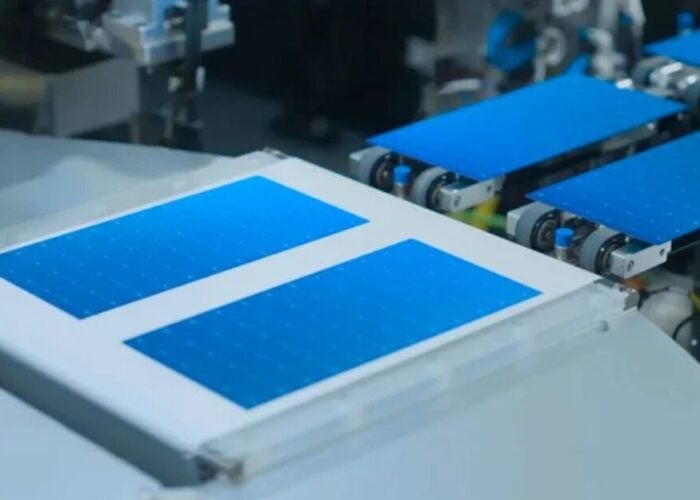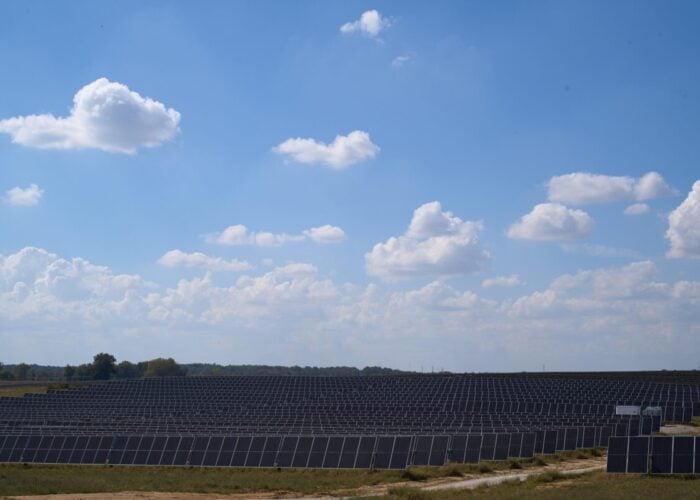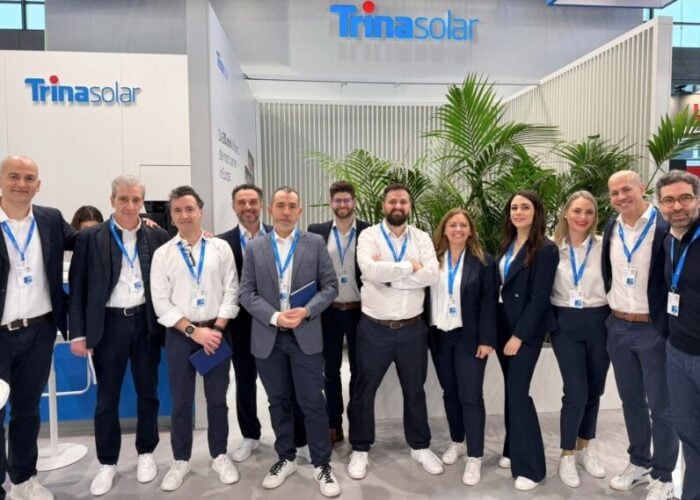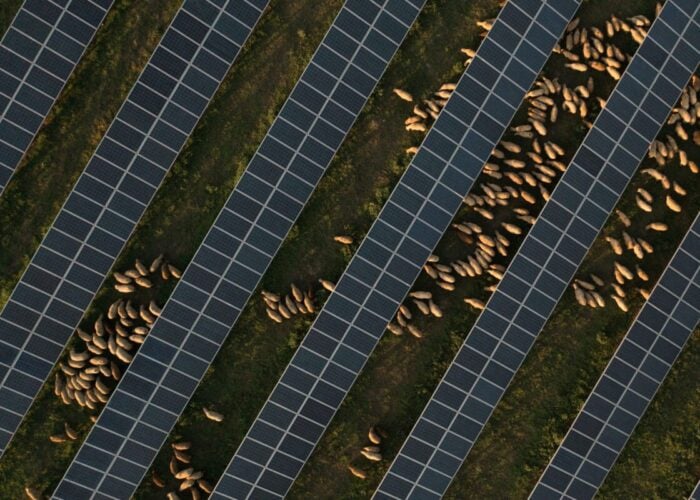A poll in Arizona has found that 77% of people would be less likely to vote for an election candidate if they proposed ending support for solar.
Arizona is one of the states at the forefront of the fight by utilities to end net metering policies for homes with solar panels installed.
Try Premium for just $1
- Full premium access for the first month at only $1
- Converts to an annual rate after 30 days unless cancelled
- Cancel anytime during the trial period
Premium Benefits
- Expert industry analysis and interviews
- Digital access to PV Tech Power journal
- Exclusive event discounts
Or get the full Premium subscription right away
Or continue reading this article for free
The policy allows PV users to sell excess electricity back on to the grid at the same price that they are charged for it. Critics say those without solar panels end up paying more for grid maintenance. Solar advocates say that is fair because those using electricity generated on their roof make less use of distribution infrastructure.
The survey was commissioned by Tell Utilities Solar won’t be Killed (TUSK). The poll was conducted by Republican pollster Glen Bolger of Public Opinion Strategies.
“It continues to be political malpractice for Arizona elected officials to vote to end the solar power program in Arizona,” said Bolger.
The state’s largest utility, Arizona Public Service (APS), has spent an estimated US$3.7 million on a public relations campaign against net metering. The Arizona Corporation Commission is currently determining the future for net metering in the state.
“Arizonans aren’t being fooled by APS’ tactics,” said Tom Morrissey, co-chairman of TUSK and a former chairman of the Arizona Republican Party. “Let's hope those on the [Arizona Corporation] Commission see the APS solar attack for what it is, a well-financed attempt to eliminate competition through government intervention. That’s crony capitalism that isn’t supported by likely voters including an overwhelmingly large number of Republicans.”
Last week another pro-solar group The Alliance for Solar Choice (TASC) called on the US utilities’ trade body, the Edison Electric Institute (EEI) to confess to or condemn the use of so-called “dark money”, where funding is passed to third-party lobbying groups.
The survey spoke to 300 likely voters in Maricopa County on 6 and 7 November.

